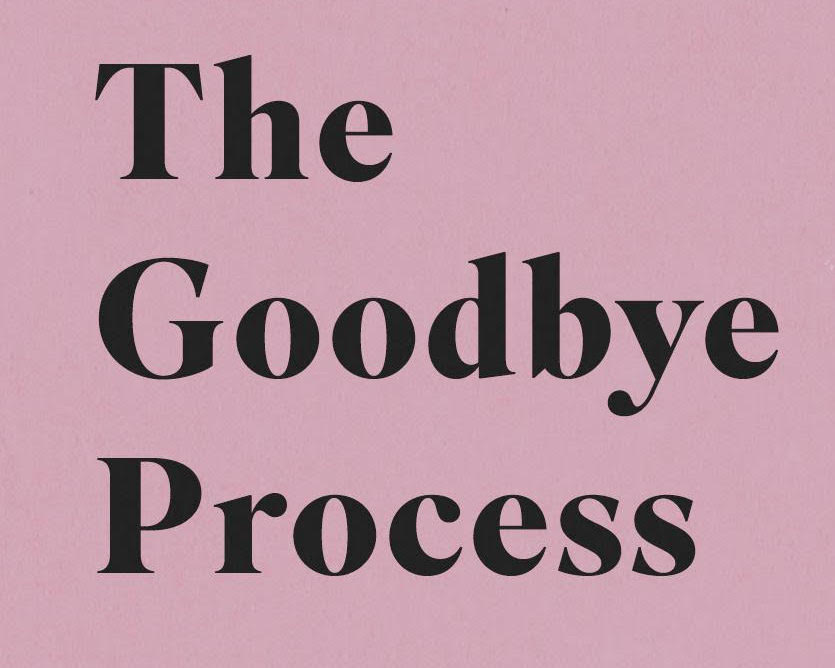Reading Lists
7 Flash Fiction Stories That Are Worth (a Tiny Amount of) Your Time
You can probably power through all of these great short-short stories in one long bathroom break

Flash fiction is many things: hilariously difficult to categorize; confusingly known as “microfiction,” “short shorts,” “minisagas,” “dribble,” and “drabble”; and sometimes, even dangerous.
But great might not be the first word that springs to mind. Remember, this is a style of writing so short (most cap it at 1,000 words) and so accessible that some have deemed it “Twitterature.” For every half-baked stab at micro-fiction in your Instagram feed, though, there’s a masterful short short story out there that you probably haven’t read yet. The best part? It won’t take more than three minutes to read them.
Here are seven examples of flash fiction (for a total of 21 minutes or less) that are totally worth your time.
“Chapter V,” Ernest Hemingway
“For sale: baby shoes, never worn” is far from Hemingway’s only foray into flash fiction (if it was indeed his story). This story from his collection In Our Time follows the typical arc of great flash fiction by starting with a straightforward but descriptive sentence to set the scene.
They shot the six cabinet ministers at half-past six in the morning against the wall of a hospital. There were pools of water in the courtyard. There were wet dead leaves on the paving of the courtyard. It rained hard. All the shutters of the hospital were nailed shut. One of the ministers was sick with typhoid. Two soldiers carried him downstairs and out into the rain. They tried to hold him up against the wall but he sat down in a puddle of water. The other five stood very quietly against the wall. Finally the officer told the soldiers it was no good trying to make him stand up. When they fired the first volley he was sitting down in the water with his head on his knees.
After his matter-of-fact opening, Hemingway folds back the layers until that first sentence takes on an entirely new meaning by the end. What starts as an impersonal report straight out of a newspaper clipping ends as a vivid portrait of human suffering. Never fear, though: not all short shorts are this depressing… just the good ones.
“Widow’s First Year,” Joyce Carol Oates
Ernest Hemingway’s (apocryphal) six-word story might be more famous — but this four-word story from Joyce Carol Oates has it beaten in the brevity stakes:
I kept myself alive.
Pulled from the anthology Hint Fiction, a collection of works running 25 words or less, this story reveals a key trick of the flash fictionist’s trade: let the title to do the heavy lifting. In isolation, “I kept myself alive” might be construed as a feel-good mantra — but in the context of the title, it provides a morbid twist on the setup-punchline structure of a joke.
“Give It Up!” Franz Kafka
Not all flash fiction needs to be breathlessly blunt like Hemingway’s. In this single paragraph, posthumously published story, Kafka crystalizes the mood and paranoia that defines most of his work:
It was very early in the morning, the streets clean and deserted, I was walking to the station. As I compared the tower clock with my watch I realized that it was already much later than I had thought, I had to hurry, the shock of this discovery made me unsure of the way, I did not yet know my way very well in this town; luckily, a policeman was nearby, I ran up to him and breathlessly asked him the way. He smiled and said: “From me you want to know the way?” “Yes,” I said, “since I cannot find it myself.” “Give it up! Give it up,” he said, and turned away with a sudden jerk, like people who want to be alone with their laughter.
Edgar Allan Poe once described the need for a “unity of effect” in short stories: the act of carrying a single emotion throughout the piece to elicit a particular reaction from the audience. In just 130 words, Kafka is able to suck readers into his world and leave them shaken.
“Sticks,” George Saunders
This excerpt is from a 1995 story that’s become a modern classic of the micro-fiction form. Depicting decades of a man’s life through the prism of a hand-made lawn ornament, these two paragraphs reveal the keen eye for specificity that has since helped writer George Saunders win the Booker Prize.
Every year Thanksgiving night we flocked out behind Dad as he dragged the Santa suit to the road and draped it over a kind of crucifix he’d built out of metal pole in the yard. […] The pole was Dad’s only concession to glee. We were allowed a single Crayola from the box at a time. One Christmas Eve he shrieked at Kimmie for wasting an apple slice. He hovered over us as we poured ketchup saying: good enough good enough good enough. Birthday parties consisted of cupcakes, no ice cream. The first time I brought a date over she said: what’s with your dad and that pole? and I sat there blinking…
It might be a little longer than your average short short, but in two paragraphs, Saunders seamlessly works in an emotional arc that’s more impactful than most novels. Most impressive is how he suggests a fleshed-out backstory through a handful of asides: Rod’s helmet, the father’s old army medals. And, like all great flash fiction, its ending hits stunningly hard and stays with you for a lot longer than three minutes.
Read the full story here.
“Taylor Swift,” Hugh Behm-Steinberg
Not all great flash fiction is bleaker than bleak! This winner of the 2015 Barthelme Short Prose Prize couldn’t be much farther from the gritty, sober tone of most flash fiction. Written in the oft-controversial second person, Behm-Steinberg’s story imagines a world where Taylor Swift (yes, the singer) is available in abundance to anyone who cares to order one from the internet.
It’s a bizarre story: a meditation on capitalism, fame, and consumer culture. It’s also riotously funny. Here’s an excerpt:
You’re in love; it’s great, you swipe on your phone and order: the next day a Taylor Swift clone shows up at your house. It’s not awkward, it’s everything you want. She knows all her songs, and she sings them just for you. When you put your Taylor Swift to bed (early, you got a big day tomorrow) you peek over the fence into the Rosenblatt’s yard, and the lights are blazing. Your best friend Tina has three Taylor Swifts swimming in her pool. She has a miniature Taylor Swift she keeps on a perch, a Taylor Swift with wings. You’re so jealous. She’s not even paying attention to them, she’s too busy having sex with her other Taylor Swifts, they’re so fucking loud it’s disgusting. You hate Taylor Swift…
This goes to show that flash fiction’s sole purpose isn’t just to depress readers. Instead, its constraints can allow the writer to distill their ideas into just a couple hundred words.
Read the full story here.
“Untitled,” Adhiraj Singh
“im sorry, its a girl” said the doctor to the father.
“no, im sorry, youre a sexist” said the girl child to the world.
Taken from writer Adhiraj Singh’s parody collection, Terribly Tatti Tales, this story manages to fun at the poor grammar and heavy-handedness of most “Twitterature,” while simultaneously delivering a hilarious and rousing story in and of itself.
“Gator Butchering for Beginners,” Kristen Arnett
If you’re interested in more stories short enough to read on your commute, Electric Lit’s own Recommended Reading Commuter showcases the best flash, graphic, and experimental narratives out there. Take, for example, this particularly disturbing excerpt from up-and-coming Floridian writer Kristen Arnett on the minutiae of skinning an alligator:
It’s easy enough to slip the skin. Wedge your knife below the bumpy ridge of spine to separate cartilage from fat; loosen tendon from pink, sticky meat. Flay everything open. Pry free the heart. It takes some nerve. What I mean is, it’ll hurt, but you can get at what you crave if you want it badly enough.
Start with the head…
…and to hear where “Gator Butchering” ends, check out the full story. Spoiler: it’s about alligators, but it’s also not about alligators.
When it comes to flash fiction, you can’t be blamed for raising an eyebrow — especially if your only experience has been a badly-written paragraph on your Facebook wall. But hopefully, these stories demonstrate just how exciting it can be to read a story that goes straight to the heart without a single wasted word.








